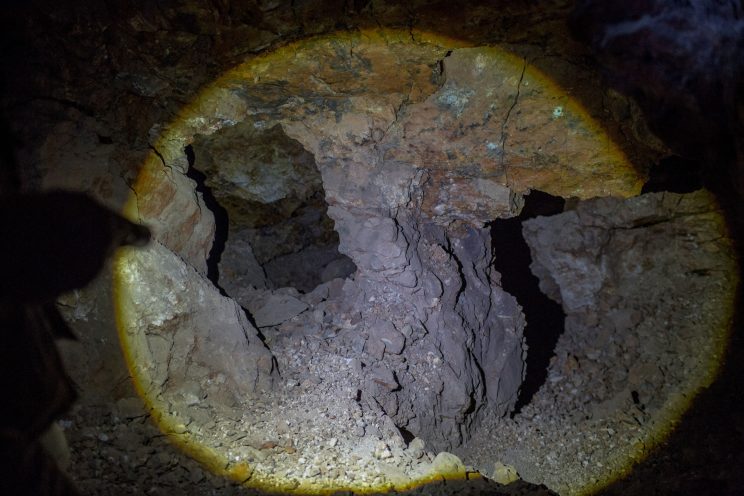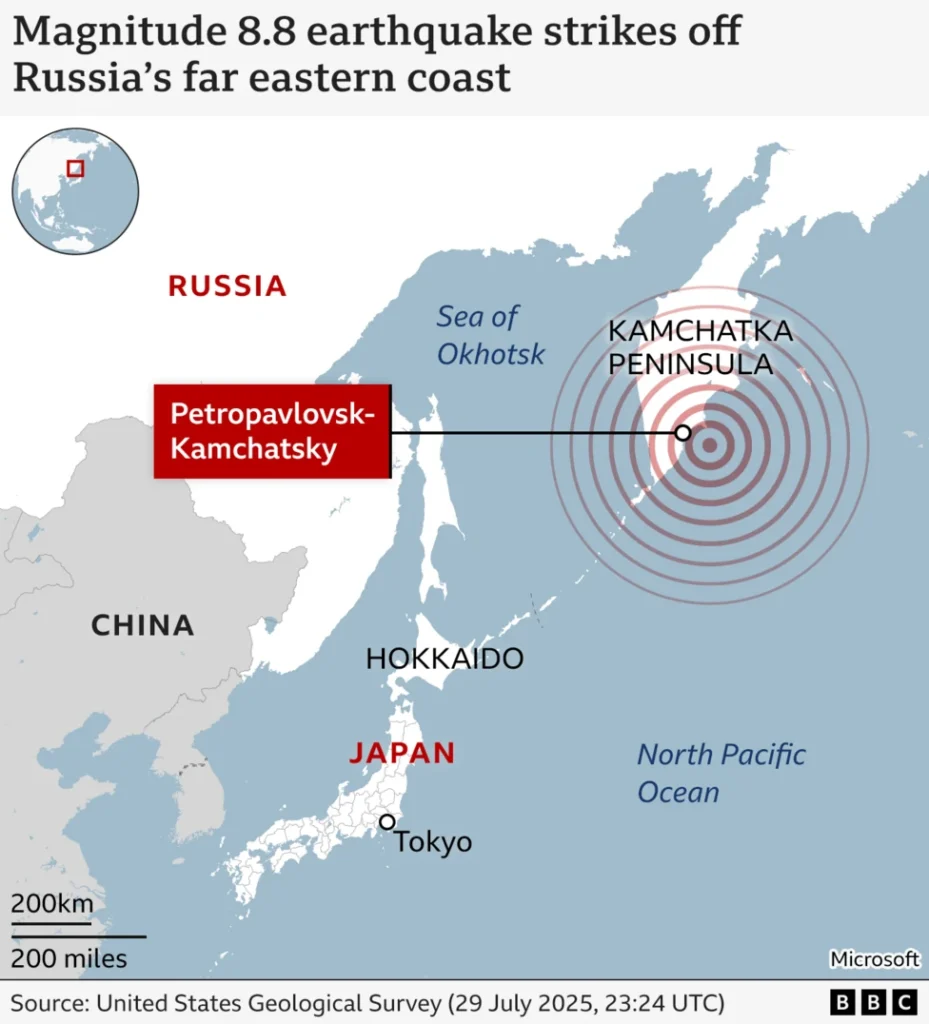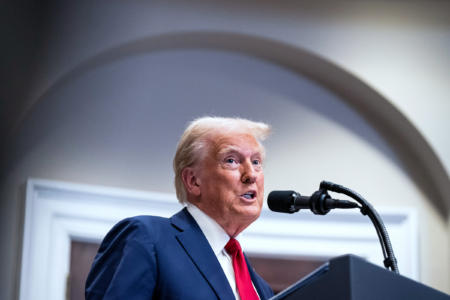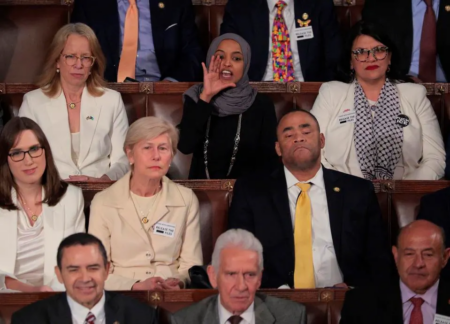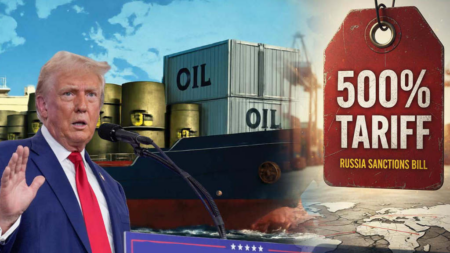In June 2025, the Democratic Republic of Congo~ DRC and Rwanda signed a landmark peace agreement in Washington, D.C., mediated by the United States and Qatar, aiming to end decades of conflict in eastern Congo and anchor peace through economic integration.
However, critics argue that this minerals-for-security pact may trade long-term resource sovereignty for short-term promises of stability.
DRC and Rwanda Historical Conflict Rooted in Minerals
The DRC’s eastern provinces have been plagued by violence since the 1990s, with over 100 armed groups vying for control of mineral-rich territory.
Rebel group M23—widely believed to be backed by Kigali—currently holds Goma and Bukavu, two strategic mining cities.
At least 6,000 Rwandan troops reportedly support the M23 campaign, according to UN experts.
Key Tenets of the Washington Accord
- Rwanda will withdraw troops from eastern Congo within 90 days.
- DRC will disarm and reintegrate armed factions like the FDLR and M23.
- A joint security coordination committee with U.S. and Qatari oversight will monitor compliance.
- Parties commit to a Regional Economic Integration Framework, binding U.S. mineral investment to transparent supply chains.
Trump administration officials welcomed the deal, touting access to DRC’s cobalt, lithium, tantalum, and gold reserves—valued at trillions of dollars—but critics warn of neo-colonial dependency.
Russia Earthquake (Magnitude 8.8) Triggers Tsunami Warnings Across the Pacific
Strategic Leverage for the U.S.
With the DRC hosting over 60% of global cobalt reserves, the U.S. aims to diversify supply chains away from China.
Infrastructure projects like Inga Dam expansion and mineral processing zones offer further integration—and risk.
DRC and Rwanda Agreement: Implementation Risks and Exclusions
DRC and Rwanda agreement notably excludes the M23 rebellion’s leadership, diminished justice mechanisms, and offers no transitional justice or reparations for war crimes survivors.
Civil society has raised concerns over legitimacy.
Additionally, past resource-for-infrastructure arrangements in Africa have eroded national control, frozen regulatory reforms, and enforced low fixed prices on commodity exports, raising fears that the DRC may repeat history.
Expert Analysis: Fragile Balance Between Promise & Peril
Observers from the Atlantic Council and Greenpeace Africa caution that without strong governance, transparency, and civil society inclusion, peace tied to resource deals could entrench socio-economic exploitation and environmental harm.
The exclusion of victims and local communities from negotiations undermines legitimacy.
Outlook: Conditional Opportunity
If DRC and Rwanda agreement was fully implemented.
With troop withdrawals verified, rebel disengagement, and no disruptions to mineral exports—it could stabilize eastern Congo and attract U.S. investment.
Yet analysts stress the importance of legislative oversight, rule-of-law reforms, and protection of sovereignty to avoid trading peace for resource capture.




